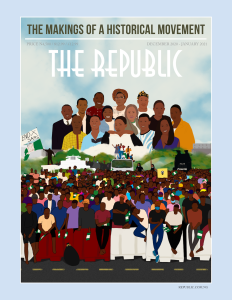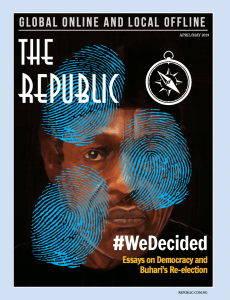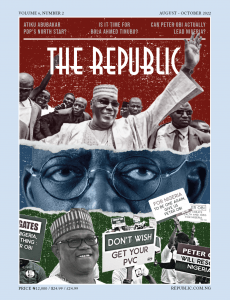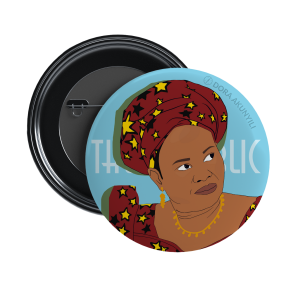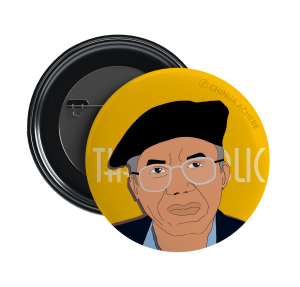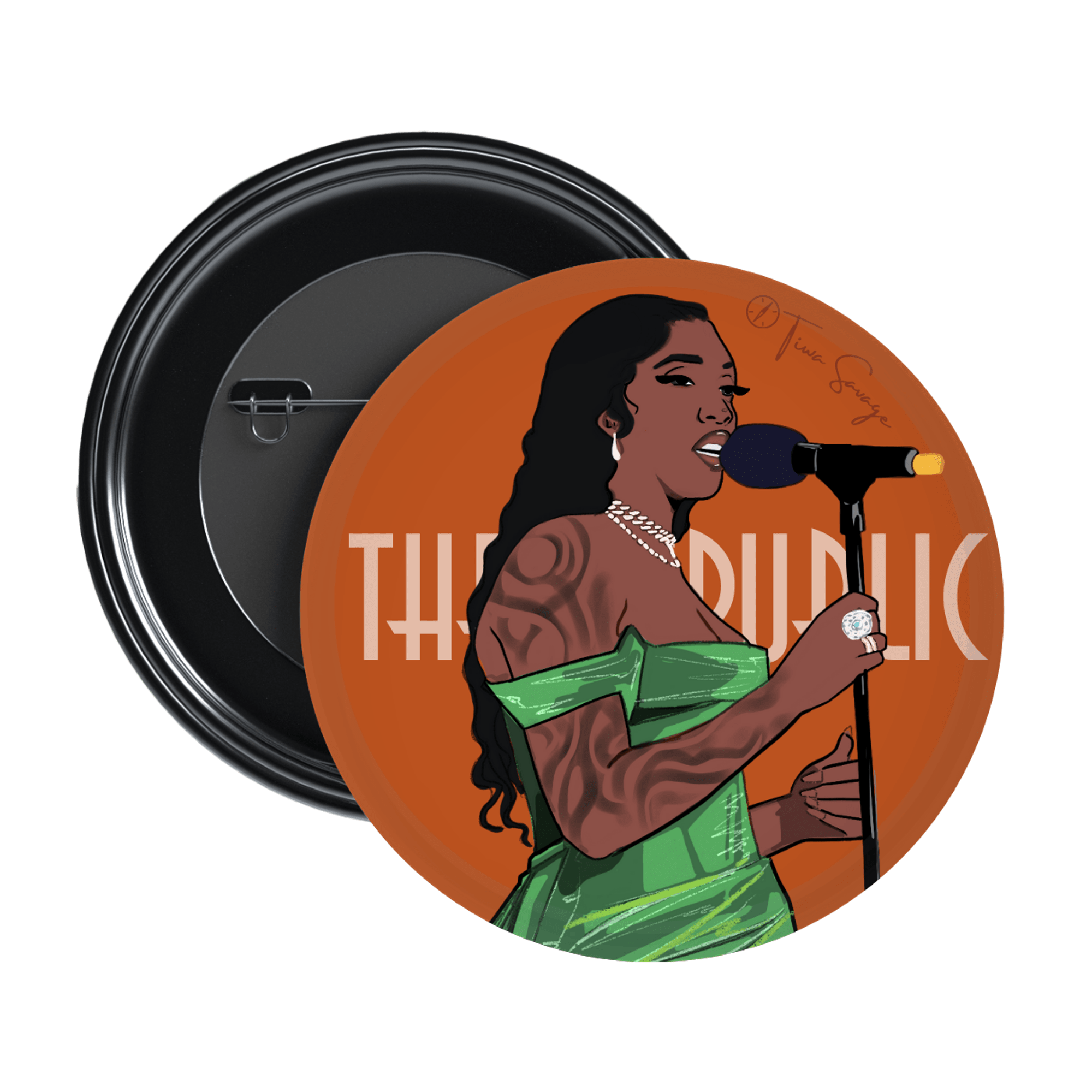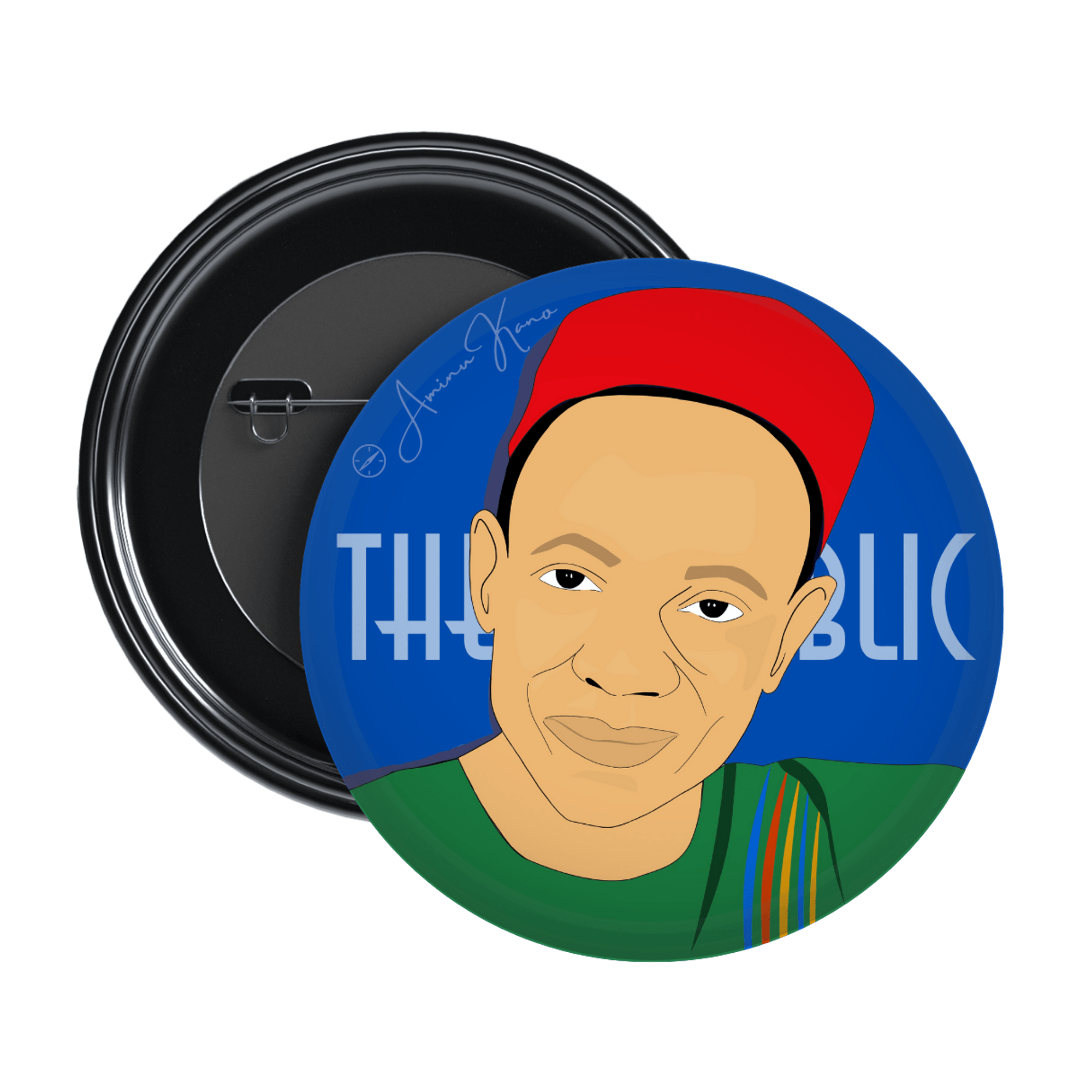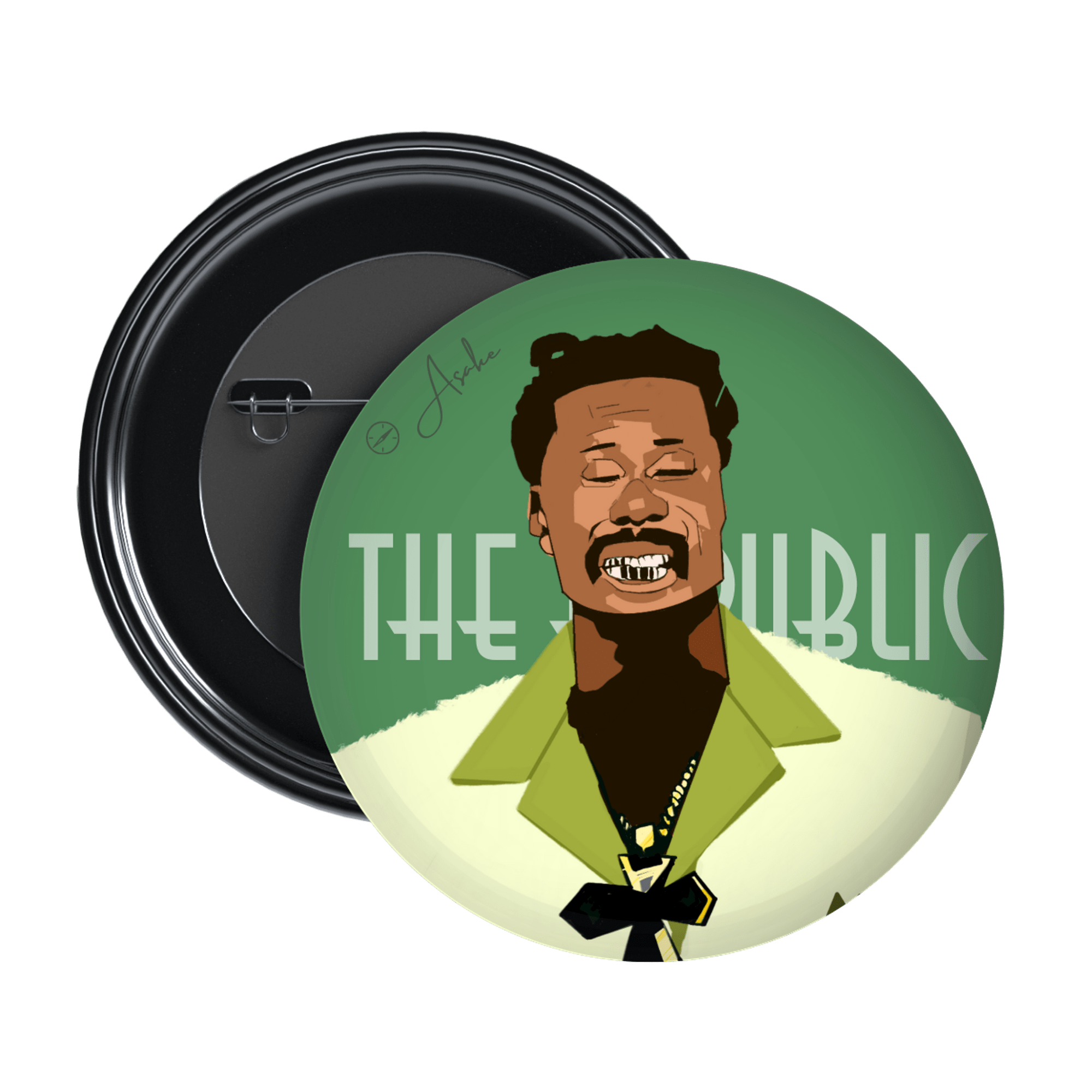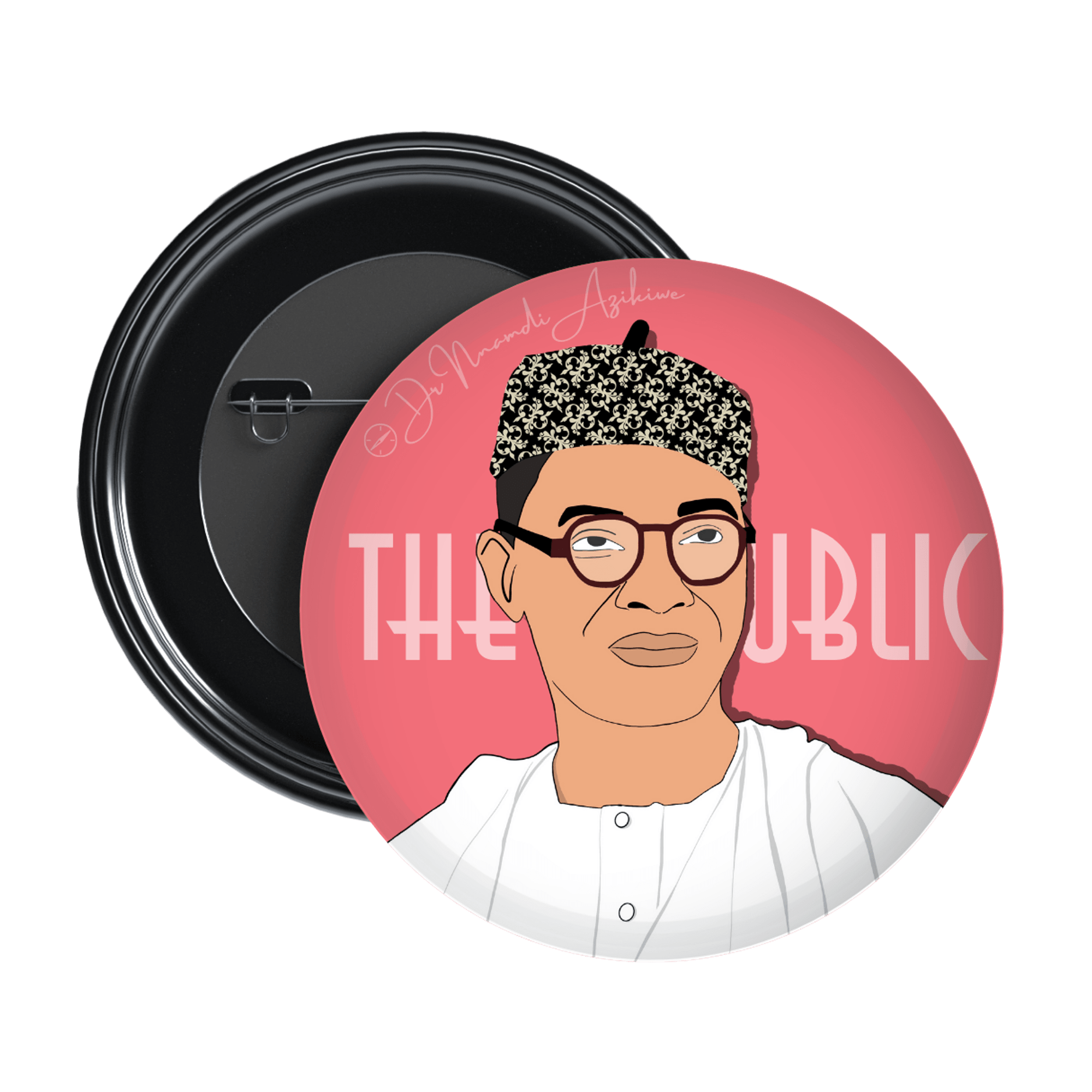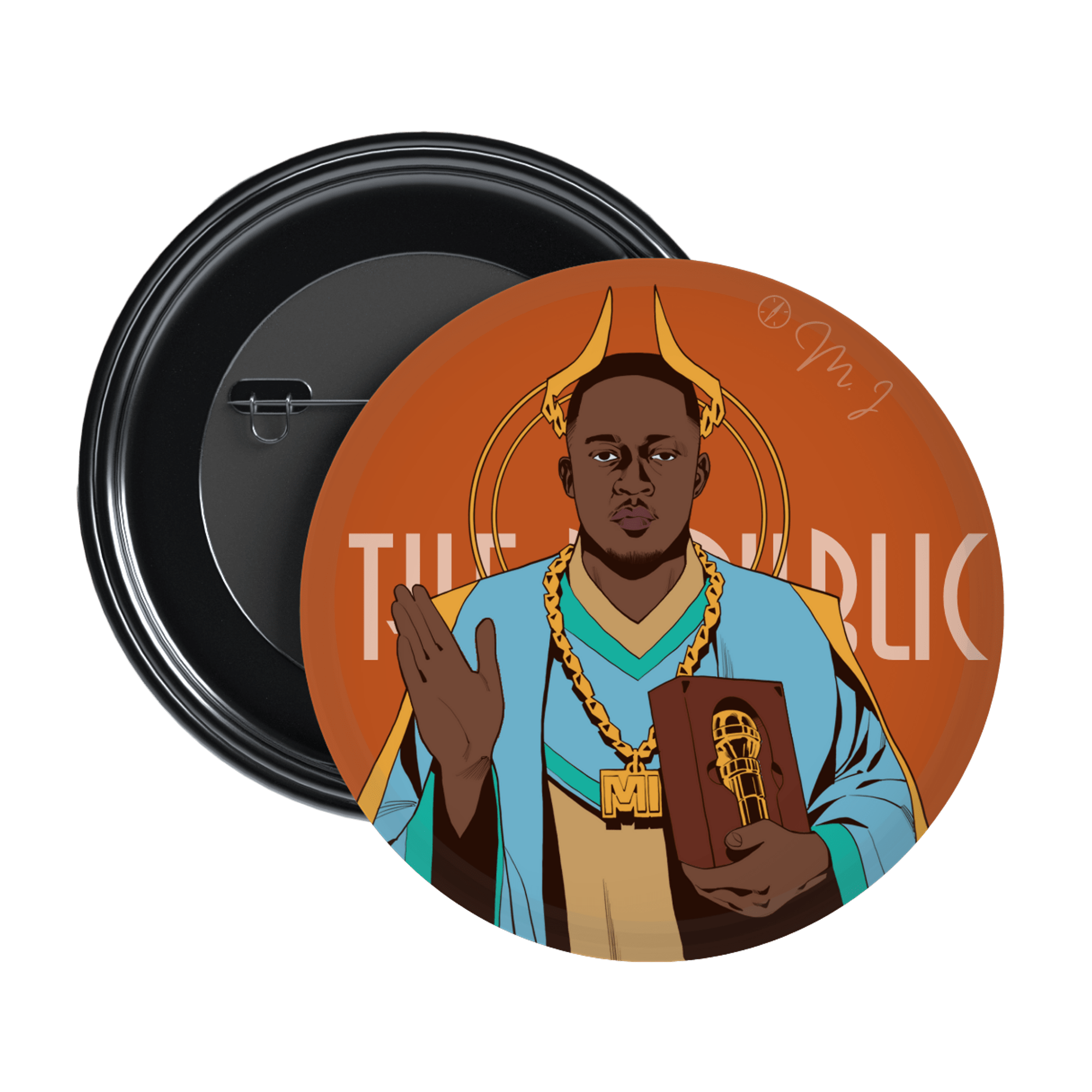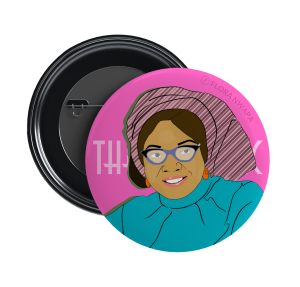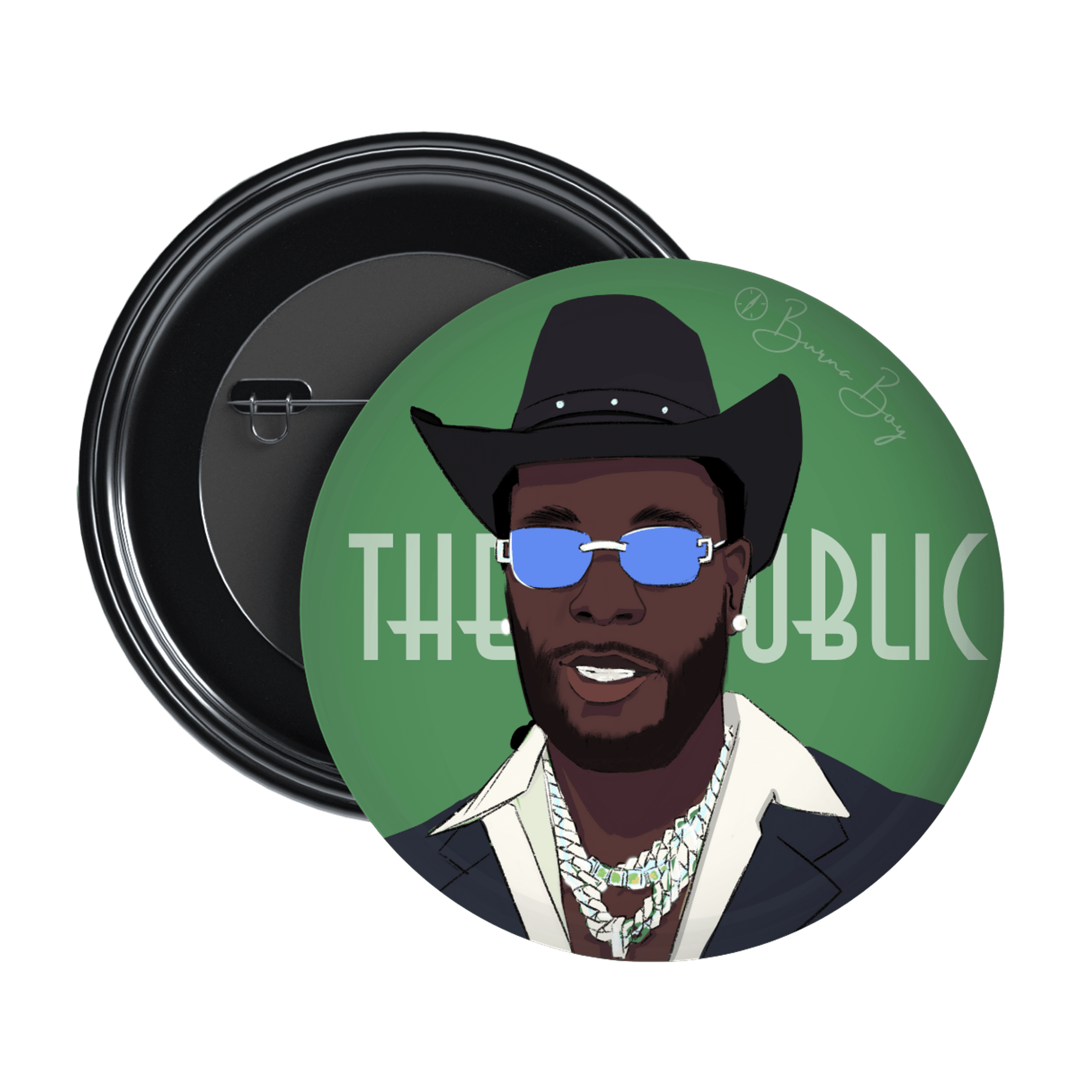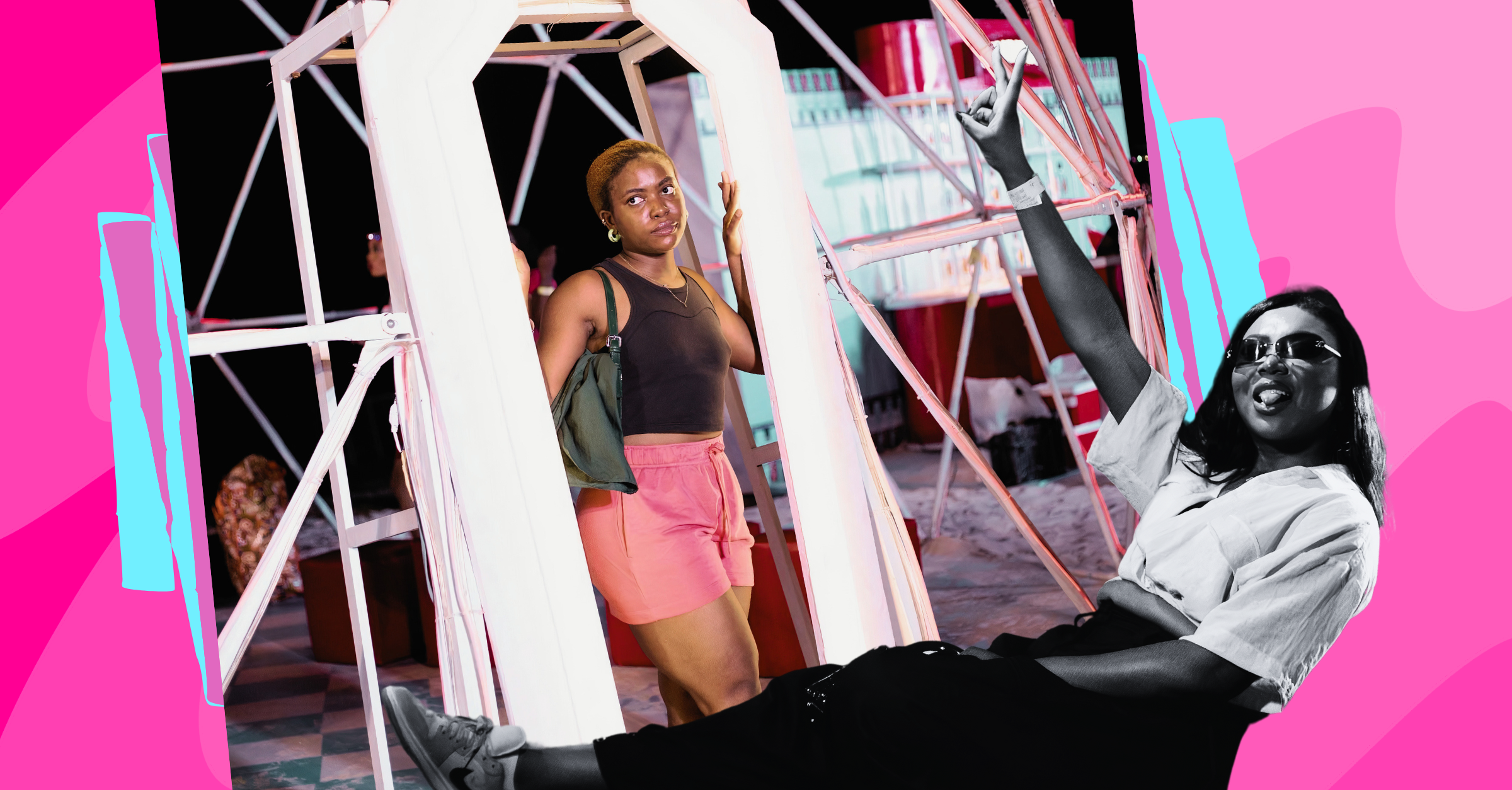
Images from Femme Fest ‘24. FEMMEFEST24 / IG. Collage by THE REPUBLIC.
the ministry of gender x sexuality
Nigerian Women Reclaim Joy and Freedom in Female-Only Festivals

Images from Femme Fest ‘24. FEMMEFEST24 / IG. Collage by THE REPUBLIC.
the ministry of gender x sexuality
Nigerian Women Reclaim Joy and Freedom in Female-Only Festivals
American sociologist, Ray Oldenburg, popularized the concept and importance of third spaces. According to Oldenburg, a third space is a place that facilitates social interaction but is separate from your home (first place) and work (second place) life. In Oldenburg’s philosophy, public gatherings that cultivate a sense of community without the pressure of perfection are essential for individual well-being. In other words, the act of taking time to relax, unwind and connect with others is an essential requirement for becoming a healthy, well-rounded person. Third spaces come in different forms. For some, it’s happy hour at a bar with colleagues after work, for others, it’s a visit to an arcade, a group meeting at a cafe, browsing through a bookstore, attending rave parties and festivals, or dancing at a club. Whatever form it takes, the common theme is shared interests in a relaxed setting.
The importance of third spaces was inadvertently emphasized as a fallout of the 2020 COVID-19 pandemic. As self-isolation and social distancing guidelines were tightened, people yearned all the more for the social connections they had once taken for granted. Following the relaxation of lockdown regulations after the pandemic, there was a renewed desire to rebuild social ties and foster a sense of community that had been disrupted by prolonged isolation.
Unfortunately, access to third spaces in Nigeria has become increasingly limited as a result of socioeconomic challenges. Food prices rose from an inflation rate of 23.75 per cent in December 2022 to 40.66 per cent in May 2024, according to the Central Bank of Nigeria. Consequently, the costs of eating out have drastically risen.
Public social spaces are also enduring a sinking customer base as a result of the financial crunch. Nightclubs are going out of business, movie theatres were forced to double the prices of their tickets and gym subscription fees and dues are more expensive than ever. Even the use of social media as an alternative form of escapism is no longer possible for many, as the cost of smartphones and data continues to rise.
DOUBLE JEOPARDY FOR WOMEN IN PUBLIC SPACES
In 2018, the Thomson Reuters Foundation reported that Nigeria ranked as the ninth most unsafe country for women in the world. A report by Vanguard in 2023, also confirms that about 70 per cent of female university undergraduates have been sexually harassed by male lecturers. Meanwhile, 85 per cent of women surveyed by the social enterprise, Stand to End Rape, in 2021 disclosed that they have experienced sexual harassment in the workplace. Worse still, women cannot find safety even in public spaces. In addition to enduring the overall economic difficulty now associated with accessing third spaces, Nigerian women continue to be the targets of harassment and discrimination within these spaces. Women tend to be harassed in public gyms by men who won’t stop ogling or sharing unsolicited advice. Some restaurants and nightclubs in Nigeria are notorious for not allowing women in without a male companion. Even places of worship are known for imposing restrictions on activities women can engage in, and roles they can hold.
‘I’m always hyper-aware when I’m in a public space,’ Elohor Egbordi, a 29-year-old Lagos-based freelance editor told me. ‘As women, we just know the unwarranted touches will come. I know what I have had to go through at the hands of men. Imagine having to think, “What will I wear so they won’t say I was asking for it?”’
shop the republic
-
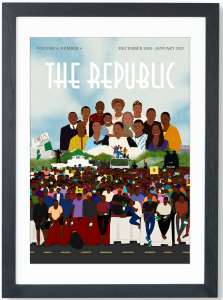 ₦70,000.00 – ₦75,000.00Select options This product has multiple variants. The options may be chosen on the product page
₦70,000.00 – ₦75,000.00Select options This product has multiple variants. The options may be chosen on the product page -
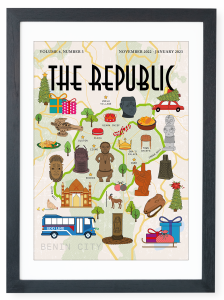 ₦70,000.00 – ₦75,000.00Select options This product has multiple variants. The options may be chosen on the product page
₦70,000.00 – ₦75,000.00Select options This product has multiple variants. The options may be chosen on the product page -
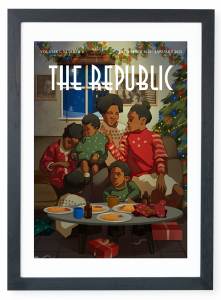 ₦70,000.00 – ₦75,000.00Select options This product has multiple variants. The options may be chosen on the product page
₦70,000.00 – ₦75,000.00Select options This product has multiple variants. The options may be chosen on the product page -
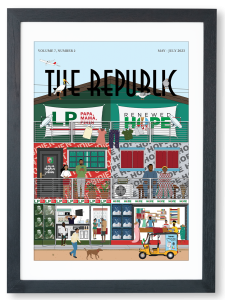 ₦70,000.00 – ₦75,000.00Select options This product has multiple variants. The options may be chosen on the product page
₦70,000.00 – ₦75,000.00Select options This product has multiple variants. The options may be chosen on the product page
shop the republic
-
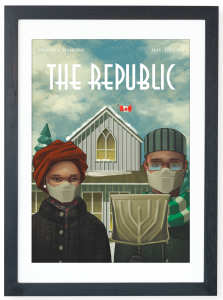 ₦70,000.00 – ₦75,000.00Select options This product has multiple variants. The options may be chosen on the product page
₦70,000.00 – ₦75,000.00Select options This product has multiple variants. The options may be chosen on the product page
THE SUCCESSES OF ÁFÀMÉFÙNÀ
In a way that cancels most odds, Áfàméfùnà excels in its writing and the level of research that went into it. The storytelling is well-rounded and brilliantly crafted. With the help of the memories of the titular character and his wife, this movie employs a reverse chronological order in its storytelling. The plot unfolds in a way that the richness and suspense of the movie are held together to the very end. The conversations flow realistically from scene to scene in a way that makes imagining real people having similar conversations easy.
There are numerous pieces of excellence that merge to bring Áfàméfùnà as close to perfection as cinematically possible. The everydayness of the extras—which is the point of having extras in a play or a movie—is one such instance. The success of the wardrobe and costume department in adorning the cast in believable garbs and looks is commendable. The ability of the hands behind the camera to capture aerial views of the market added an almost gustatory familiarity to the market scene. The intentional details that went into setting the scenes are also noteworthy. When we first see the home scenes, the camera catches a carefully placed 2002 calendar bearing an image of Odogwu’s picture, something that can be expected from a successful Igbo businessman of that time. Later in the movie, we see Odogwu’s sitting room again. This time, family pictures of Odogwu with his wife and daughter sit side by side with images of Jesus and Mary, all typical features of any Catholic Igbo family. These details come together to crown the efforts of the writers with a level of believability. In all, the general editing that ties these well-executed elements together contributes to making this a rich watch.
shop the republic
-
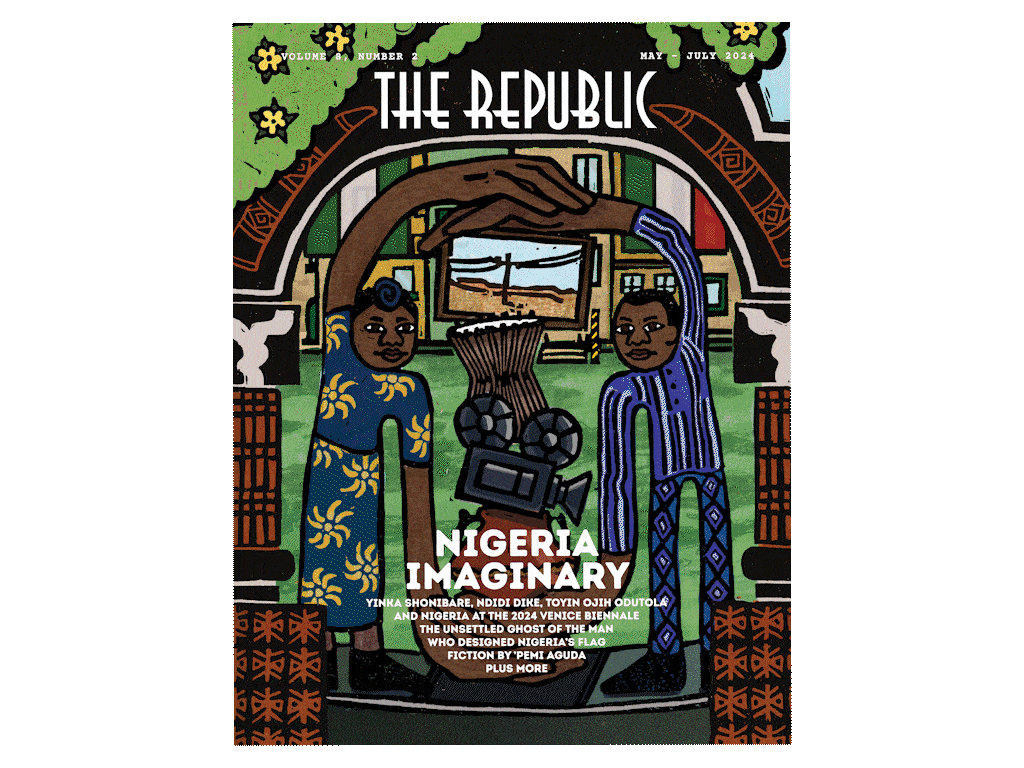 ₦10,000.00 – ₦30,000.00Select options This product has multiple variants. The options may be chosen on the product page
₦10,000.00 – ₦30,000.00Select options This product has multiple variants. The options may be chosen on the product page
CREATING SAFE SPACES FOR WOMEN
In response to the hurdles they encounter within public spaces in Nigeria, women have created their own safe spaces. Female-only communities are not new in Nigeria. Different Nigerian ethnic groups incorporate women-only gatherings where they discuss women’s issues, empowerment initiatives, and communal development. However, most of them admit only married women. For instance, in Igbo culture, the annual August Meetings are attended by married women in their husbands’ hometowns.
In 2019, feminists, Dami Odufuwa and Odun Eweniyi co-founded Wine and Whine NG, a women-only community that meets in person to ‘discuss women’s issues and fight patriarchy.’ Wine and Whine created a safe space for like-minded women to express their displeasure with misogyny and brainstorm what they could do to change gender biases and disparities in society and professional places.
In a 2019 interview with News Central TV, Odufuwa said, ‘A lot of women need support groups, a safe space to meet other women like themselves and know they are not losing their minds, they are not crazy, that there is a problem and then find solutions to it.’
At its heart, the nonprofit organization was about uplifting women, and making them understand how much they matter. It hosted several events for Gen Z and millennial women, including panel discussions, empowerment programmes, and mini parties, held in person and on webinars. Although Wine and Whine is now on hiatus, its co-founders have gone on to become founding members of the Feminist Coalition, a non-profit organization that was instrumental to the #EndSARS protest in 2020.
In 2022, youth-focused media platform Zikoko, created HERtitude, a women-focused festival, much to the delight of women who need a place to exist and be themselves without societal expectations or anxiety. Egbordi, who has attended HERtitude three years in a row, confesses that it is fast becoming the highlight of her year. According to Ruth Zakari, Zikoko’s editor-in-chief, the event is a product of brainstorming sessions with columnists on HER, a women-centric category on the website and the desire to create something for the community of women they have access to. Zakari said: ‘We didn’t want to come from a place of trauma, as most women’s events are wont to do, we wanted a space where women could just be. It is a community for women to actually have fun without concern about the male gaze.’
Similarly, Ayomide Dokunmu, the chief executive officer of Femme Africa, created Femme Fest Africa, an annual music festival with all-female music acts. Femme Fest had its first edition in 2021, to give female artists and music professionals a platform to perform without being sidelined by their male counterparts or experiencing gender bias. According to Toluwaleke Subair, Femme Africa’s programme manager, the festival is an annual celebration of women, centring on empowerment, education and entertainment. Its main focus is giving women access to a bigger audience. She said:
We are giving them a bigger platform to connect to their audience and we have never segregated the audience to just women, it is for everyone. Tems first performed ‘Looku Looku’ at Femme Fest, and it was also where Ayra Starr first sang ‘Bloody Samaritan’. Some of the DJs from our Sound Lab had their first set on the Femme Fest stage. We want everyone, women and men, to take in this music, so [Femme Fest] is open to everyone who keeps it cute and respectful.
While this is a necessary provision for gender-inclusive events, several women have shared their discontent with what they claim is a misalignment of intentions. These divergent opinions were at the core of a recent debate on X about Femme Fest’s third edition in 2024. A few days after the event, several women shared their grievances on Twitter, complaining that the festival quickly became uncomfortable when they saw men in attendance. According to them, the feminine colours of the banners and the word ‘femme’ inferred that the event was for only women, prompting them to attend for the first time. However, those who have attended previous editions of Femme Fest stated that men have always been welcome at the festival. Nevertheless, some women believed the festival’s marketing team should have been honest about exactly who could attend, others stated that amplifying female artists and women-owned businesses was more important to the community’s collective goals than who organizers sold tickets to.
Dokunmu addressed the controversy in a tweet, stating, ‘Femme Africa was created to amplify and platform the amazing work women are doing, especially in the music industry. It’s why since inception Femme Fest has been open to all.’
But many women disagree. They insist that they want communities that are not just predominantly women but created exclusively for women. ‘I want women-only spaces because I don’t have to be switched on,’ Egbordi said, ‘I don’t have to be on guard when I’m with other women, even if they’re strangers. We’re not allowed to be free and that is why women-only spaces are important.’
Egbordi describes herself as self-contained, with indoor hobbies making it hard to connect with people, especially when she feels she has to perform to a crowd. Surprisingly, she was one of the women who danced on stage in this year’s edition, to the cheers of other women, not minding the cameras or the crowd. Egbordi explains she doesn’t mind being uninhibited at HERtitude because being there activates her right to express herself without fear of retribution. She said:
I don’t know if it is how we are raised, but women, especially Nigerian women, seem to perform for men. But when we are left to our own devices, just us having fun, we are able to let our guard down. We are very happy to attend an event that is non-male centred. Now men know, though they have always known, but now they have confirmation that women don’t need them to have fun. We have never really had fun with them, but now they know that when we dress up it is for ourselves.
Amina Yusuf, a law student at the University of Lagos, agrees with this perspective. For her, a female-centred event is just that, a place that focuses on women in a society that barely pays attention to women’s needs, wants, and ambitions.
Nigerian men often criticize women-only events as being queer-coded, making disparaging comments about their personalities and sense of style. Meanwhile, more women agree that men’s actions and statements are exactly why women need their space without male intrusion.
When Yusuf told her male friends she was going to a female-only festival, they laughed it off while questioning her sexual orientation. ‘Men have audacity,’ Yusuf said, ‘Some of my male friends asked how I expected to have fun at a festival for women only unless I had other intentions.’
Needing a break from schoolwork was her only intention. While her friend had attended HERtitude since its inception, this was Yusuf’s first time at the event, and she was pleasantly surprised by how safe it was. ‘Everything was female oriented. It felt very safe. I was not touched unnecessarily, there were no catcalls. It was a man-free zone even from the entrance. I have never experienced that before,’ she said.
shop the republic
A SONG YET TO SING IN UNISON
Egbordi said this was the first time the festival had an all-female crew. This decision was taken following feedback from women who attended the second edition, and she’s glad they listened. According to Zakari:
We have always been intentional about the space itself. We tried to keep it entirely women-only during the first edition but realized we hadn’t built up the strongest list of a female-only video crew to cover the event. Our internal video crew has men and women. So, we had to use them for the first event but over time, through our intentions and audience feedback, we got better and now have an increase in only women crew and staff at HERtitude, which is why no men were present this year.
Upon arrival at this year’s HERtitude, I noticed a male staff of Amore Gardens seated by the gate telling a member of the technical support team that he wouldn’t gain entry despite his pleas to the female bouncers. Confused, the audio engineer said he needed to pick up an appliance he forgot to take with him when leaving. The Amore Gardens staffer chuckled before saying, ‘Trust me, you won’t be allowed in.’ And he wasn’t. The solution to his problem? A female colleague helped him get the appliance. This brief exchange was not lost on me as I passed through the gate. Neither was the intention lost on Chisom Ofodum, a finance student at the University of Lagos.
‘It is so liberating to attend an event where you are cared for, where your opinions and safety matter,’ Ofodum said, ‘You can wear your shortest skirt or backless dress without feeling anxious about the male gaze.’
While the therapy sessions, fashion shows, and speed friending at the nine-hour event are the icing on the cake for some of the 5,000 women in attendance, Ofodum enjoyed the panel sessions that speak to ‘the woman I am, not what society expects me to be.’ Not only did she learn how to navigate the business space as a woman, but she also got guidance on how to avoid the pitfalls set by the world for women.
‘There are so many questions we ask ourselves that the world is unwilling to answer objectively, without agendas,’ Ofodum said, ‘I felt none of that here. Everything was addressed plainly here, even questions I didn’t ask were answered.’
Ultimately, these Nigerian women breathe easy, knowing they now have a place to be themselves in a patriarchal society. They might have to wait a year to get it, but it is worth the wait. ‘I wish we had more of this, in different parts of Nigeria. We all deserve to be free and let our autonomy reign,’ Egbordi said.
While women-only events in Nigeria might still have a long way to go, in terms of reach and growth, it is important to note that they are helping more women find freedom of expression in a country where their rights are often trampled upon or disregarded. Being a hot babe or baddie isn’t something we should feel the need to explain or shy away from. So, having a place where we can be our authentic selves without a care for what the rest of society thinks, is freedom indeed, even if it happens once or twice a year⎈
shop the republic
BUY THE MAGAZINE AND/OR THE COVER
-
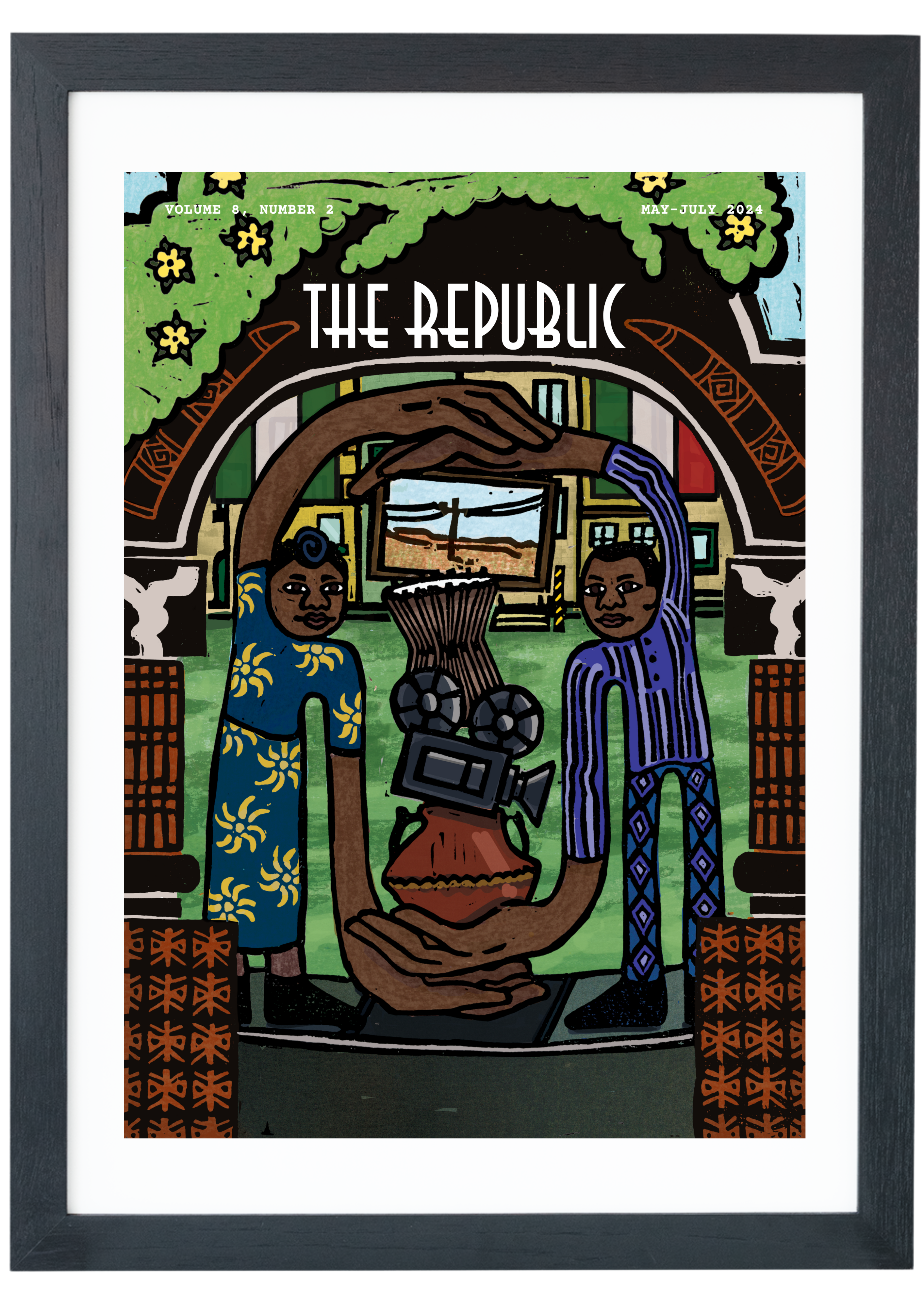 ₦140,000.00 – ₦150,000.00Select options This product has multiple variants. The options may be chosen on the product page
₦140,000.00 – ₦150,000.00Select options This product has multiple variants. The options may be chosen on the product page -
 ₦10,000.00 – ₦30,000.00Select options This product has multiple variants. The options may be chosen on the product page
₦10,000.00 – ₦30,000.00Select options This product has multiple variants. The options may be chosen on the product page




